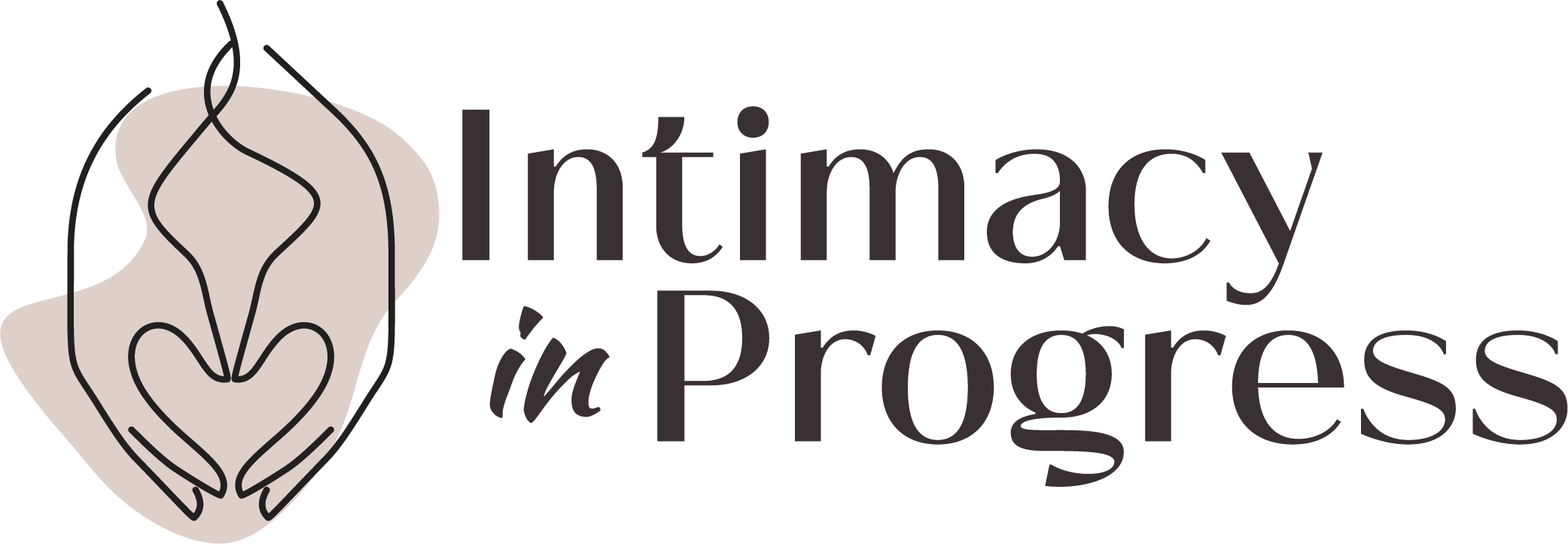Parenting Alignment
Home / Parenting Alignment
Two Captains. "One Kid." Same Game Plan?


Why the PAI Exists
Kids are forensic listeners. They clock every eye‑roll at bedtime, every whispered argument about screen time, every “fine, whatever” dropped at the playground. The PAI calls a timeout before those tiny fractures become fault lines, giving parents a clear readout on where they’re synced and where they’re scrambling.
Who It’s For

First‑timer parents
First‑timer parents bracing for Year One plot twists.

Veteran caregivers
Veteran caregivers juggling homework, hormones, and half‑forgotten date nights.

Separated co-parents
Separated or divorced co‑parents who swap houses but still want to share values.

Blended families
Blended families blending rules, routines, and relatives under one roof.

Soon‑to‑be parents
Soon‑to‑be parents who’d rather prep now than unlearn later.
If you share a last name, a custody calendar, or a dog‑eared parenting podcast queue, the PAI belongs in your playbook.
Take the PAI Today
Eight core domains that shape day‑to‑day parenting harmony:
Domain
The Core Questions
Are we modeling a shared moral compass?
Do we set the same guardrails with grandparents and friends?

What You’ll Get
- Alignment Report—a color‑coded dashboard plus plain‑English narrative.
- Two Custom Parenting Worksheets aimed at your lowest‑scoring domains.
- Judgment‑Free Insights that normalize differences and reduce power struggles.
- Practical Tools— conversation prompts, decision checklists, co‑parent diaries.
Real-Life Shifts
One-Time,
No-Strings Pricing
$57 nets the full report plus two bespoke worksheets. Need deeper dives later? Extra worksheet packs are on‑demand and affordable.

Frequently Asked Questions
The PAI is a research-backed relationship tool designed to measure how aligned you and your co-parent are across key parenting domains—such as discipline, emotional responsiveness, routines, values, and communication. It helps you identify your strengths, surface areas of tension, and receive personalized insights and actionable worksheets to support a more unified parenting approach.
No. Each parent will receive a separate link and can complete the PAI at their own pace. Once both submissions are received, your combined results will generate a customized report that compares alignment scores and provides a roadmap for growth.
Not at all. The PAI is designed for all parenting partnerships—including divorced, separated, or never-married co-parents—who want to improve collaboration and reduce conflict. The insights are equally valuable for romantic couples or platonic parenting teams.
Yes, you can retake the PAI at any time to track your alignment over time. When you retake it, the new results will be automatically compared to your previous scores—highlighting areas of growth, recurring challenges, and shifts in alignment. This makes the PAI a powerful tool for ongoing progress, not just one-time reflection.
Your results include more than a simple score. You’ll receive a beautifully designed report that breaks down your alignment across multiple parenting domains, with personalized insights and optional follow-up worksheets based on your lowest-scoring areas. This means you walk away with concrete next steps—not just a summary.
Not at all. The PAI is alignment-focused, not compliance-based. It’s not about grading your parenting style—it’s about understanding how your approaches compare and how those differences might affect your parenting relationship. The goal is collaboration, not criticism.
Give Your Child a Connected Team
Take the PAI Today
- Secure checkout
- Instant digital delivery
- Built to grow with your relationship

